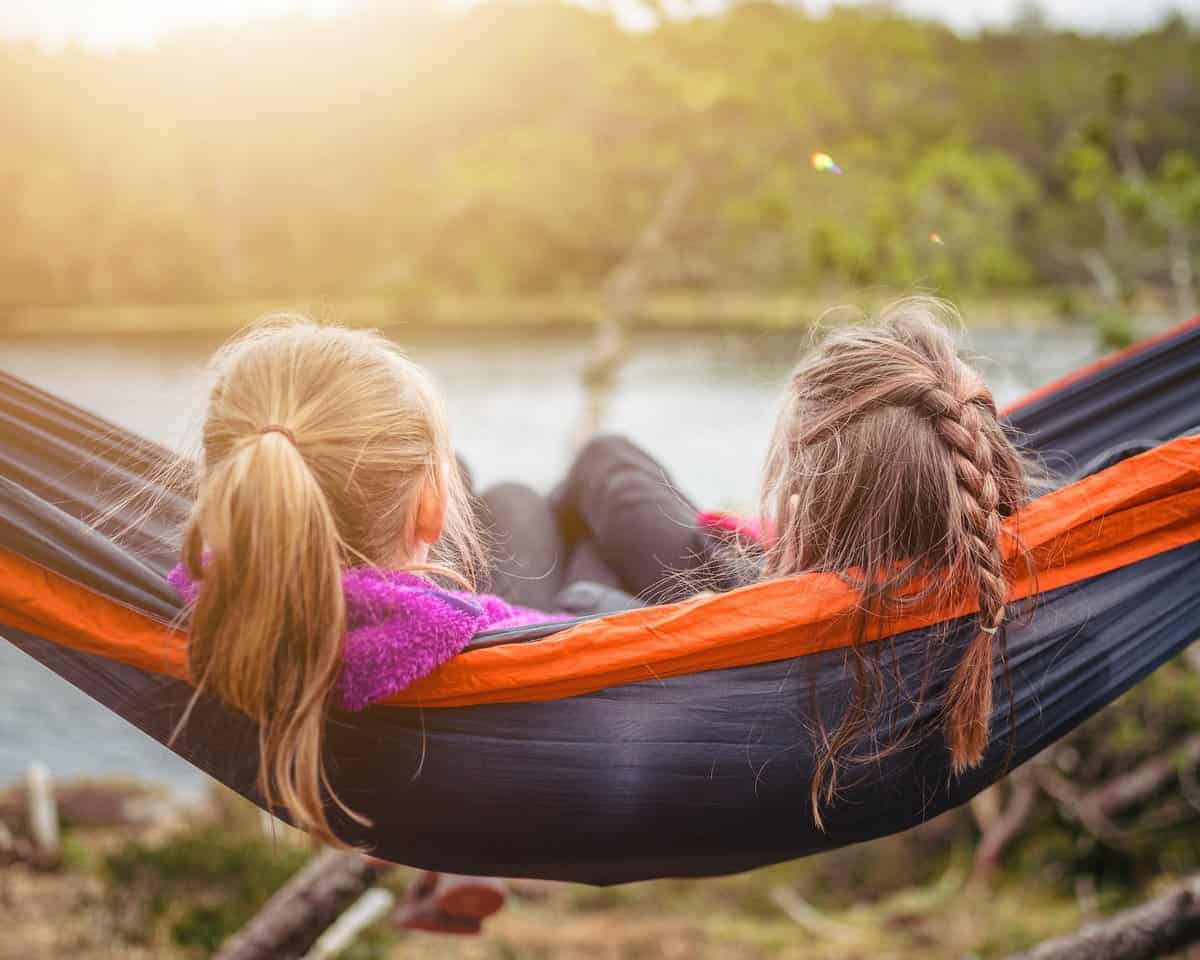For eons, the great outdoors has been a monumental playground for children.
Bathed in sunshine, the outdoor world offers an unmatched platform for fun, adventure, and experiential learning.
Unbeknownst to many, the nature-centric backdrop of outdoor play plays a significant role in promoting children’s interpersonal development.
Today, we’re taking a deep, insightful, and playful exploration into the realm of outdoor play and social skills.

Play, Play, Let’s All Play!
Picturing outdoor play probably evokes images of gleeful children constructing towering sandcastles in a Sand Pit or creating elaborate stories in their dreamy Playhouses.
Yet, these captivating, fun-filled activities aren’t just acts of play—they are platforms for real-life education.
Each game, interaction, and shared laughter under the sun contribute significantly to a child’s social development.
Children, through the conduit of outdoor play, partake in complex social interactions—they learn to share, cooperate, resolve conflicts, and even lead.
These experiences, simple in the eyes of children yet complex in their outcomes, present countless opportunities for them to develop and nurture essential interpersonal skills.
Sand Pits: A Social Laboratory in Disguise
Contrary to surface appearances, a Sand Pit transcends its status as a simple, fun-filled spot for digging and crafting sand structures.
It becomes a microcosm for children to learn crucial life skills.
In the shared space of a sandpit, children collaborate with peers to construct sandcastles, negotiate over territories (“This is my side of the sandpit!”), and practice conflict resolution amidst heated debates over sand toys.
This seemingly innocuous setting teems with opportunities for children to work together, understand diverse perspectives, and navigate social norms.
It’s a natural playground that skilfully disguises the intricate dance of social interaction as mere fun and games.
Playhouses: Real Lessons in a Pretend World
Playhouses play a monumental role in a child’s social development.
They offer a unique stage for role-playing, allowing children to experiment with various social roles, familial interactions, and imaginary scenarios.
Whether it’s a game of ‘house,’ a mock ‘business’ setup, or a make-believe world of superheroes, playhouses present myriad opportunities to learn about empathy, responsibility, and effective communication.
Deciding who gets to play which role becomes a crash course in diplomacy, negotiation, and compromise.
Gardening: Nurturing Life and Teamwork
The realm of outdoor play extends far beyond sand pits and playhouses.
Gardening presents a fantastic avenue to boost social skills while fostering a deep connection with nature.
Engaging your children in the process of planting, nurturing, and witnessing a garden bloom teaches them about teamwork, responsibility, and the satisfaction derived from seeing their collective efforts bear fruit.
Gardening provides an excellent context for conversations about sustainability and caring for our planet, blending essential values with the development of social skills.
The Sunny Side of Social Development
The sun’s warmth and brightness play an underestimated role in influencing our social behaviour.
Sunshine exposure enhances mood, invigorates the spirit, and fosters an overall sense of well-being.
These positive feelings, in turn, make a child more receptive to social interaction, bolstering their social development even further.
Swing Sets and Slides: Simple Structures, Significant Lessons
Never underestimate the potential of common outdoor play structures like swings, slides, and seesaws in enhancing social skills.
Competing for a turn on the swing, assisting a friend on the slide, or balancing a seesaw can teach children valuable lessons about patience, sharing, cooperation, and respect for others’ safety.
These interactions, amplified by the warm glow of the sun, cultivate the foundational blocks of robust social skills.
Games and Sports: Compete to Cooperate
In the arena of outdoor games and sports, children learn the essence of healthy competition, sportsmanship, and team spirit.
They understand winning and losing, dealing with disappointment, and celebrating others’ successes.
The lessons learned in these settings go beyond the playground, preparing them for various life situations.


Wrapping Up: The Symphony of Outdoor Play and Social Skills
In conclusion, the expansive world of outdoor play, bathed in the nourishing warmth of the sun, serves as an unrivalled platform for children to learn, grow, and develop crucial social skills.
Whether it’s collaborating on a sandcastle project in a sandpit, negotiating roles in a playhouse, nurturing a garden, or indulging in a healthy competitive game, every outdoor moment is a teachable moment.
Let’s encourage our children to step out, play, and bask in the golden sunshine.
Let’s remind them to look up from their screens and look around at the world that offers countless opportunities for growth.
Each minute they spend in outdoor play is an investment in their social skills.
So, remember, when children are playing outside, they’re not just engaging in fun—they’re preparing themselves for the world, one game at a time!






